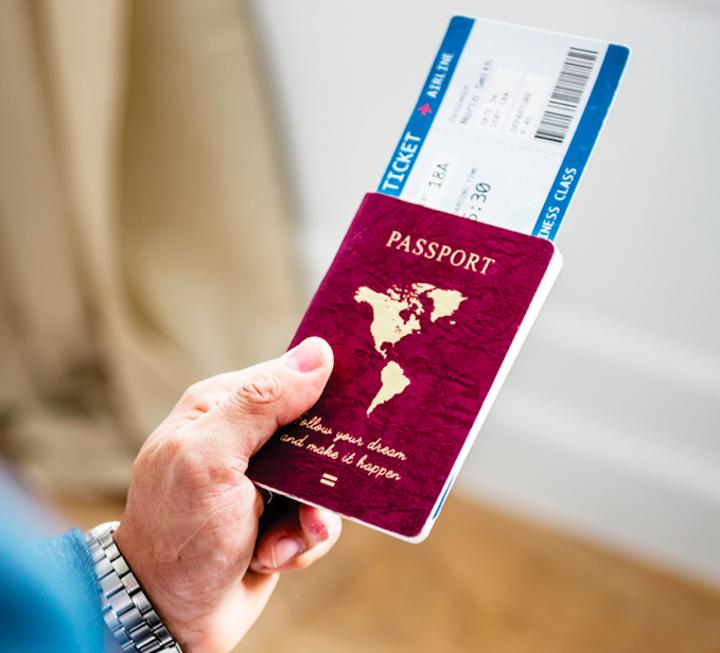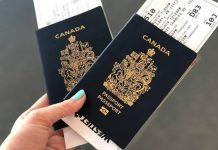Africa-Press – Namibia. NAMIBIA has been ranked fourth of the 20 most visa-open countries in southern Africa, and 19th on the continent the 2021 Africa Visa Openness Index (AVOI) shows.
The country is also mentioned among Morocco, and Tunisia as countries that have made the most progress regarding visa openness. Reported annually by the African Development Bank since 2016, the Africa Visa Openness Index (Avoi) measures the extent to which African countries are open to visitors from other African countries.
According to the report, Namibia rose 21 places in 2021, moving into the Avoi’s top 20 countries and improving its score by 180% since the 2016 edition.
In 2021, the citizens of 72% of African countries could enter Namibia visa-free or could obtain a visa on arrival (up from 25% in 2020, 2019 and 2018).
“Namibia’s precipitous rise in ranking follows its introduction of a new visa-on-arrival policy for the nationals of 47 countries worldwide, including 27 African countries. In addition, Namibia exempts travellers from 12 African countries from all visa requirements,” reads the report.
This policy was one of the strategies discussed at the Economic Growth Summit convened by the president in 2019. Namibia has also recently started mooting e-visas and other mechanisms to encourage tourism and economic growth.
At the same time as it adopted the new visa policy, the government began issuing five-year employment permits to potential investors and people with critical skills and expertise.
The African Development Bank with the release of the report said opening up Africa’s borders to travel will drive investment and an economic rebound. This year’s report found that the onset of the Covid-19 pandemic substantially impacted free movement. In this new era of travel, safety and hygiene protocols have become as important as travel documentation and visa formalities, reads the report.
“The evidence is clear: The countries that make it simpler for Africa’s business people, tourists, students, and workers to visit their territories, are the countries that stand to attract more investment and talent. They are the countries whose economies will recover quickly,” said Khaled Sherif, the African Development Bank’s vice-president for regional development.
The 2021 Avoi also makes a compelling case for streamlining the visa process for young Africans. “All young people need is the freedom to move around the continent and support as they develop into Africa’s entrepreneurs and business leaders,” it stated. The index analyses each country’s visa requirements to show which countries on the continent facilitates travel to their territory.
For each country, the Avoi calculates the number of African countries whose citizens must obtain a visa before travelling there, the number of countries whose citizens may obtain a visa upon arrival, and the number of countries whose citizens do not need a visa to enter.
Each country is then assigned a visa openness score and ranked accordingly. First published in 2016, the Avoi also tracks changes in countries’ scores over time. This shows how countries’ policies are evolving regarding the freedom of movement across Africa.
The index shows that 36 countries have improved or maintained their score since 2016. Over 80% of the countries that have made gains in openness are low-income or lower-middle-income countries.
Overall, Africa is almost evenly split between countries with a liberal visa policy and those that partially restrict entry from other African states.
A quarter of African countries welcome some or all African visitors visa-free; another quarter, roughly, permit some or all African visitors to obtain a visa on arrival. Twenty-four countries offer e-visas, up from 15 five years ago.
The Avoi aligns with the African Union’s Agenda 2063 and the Protocol on the Free Movement of People and, in particular, advances the implementation of the African Continental Free Trade Area, with a market of 1,3 billion people.
“By supporting the free movement of people, we make it easier for Africans to do business in Africa. Free movement of people, especially workers, could help plug skills gaps, while enabling countries to fix skills mismatches in their labour markets,” said Jean-Guy Afrika, the officer-in-charge of the regional integration coordination office at the African Development Bank.
For More News And Analysis About Namibia Follow Africa-Press






